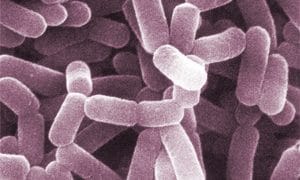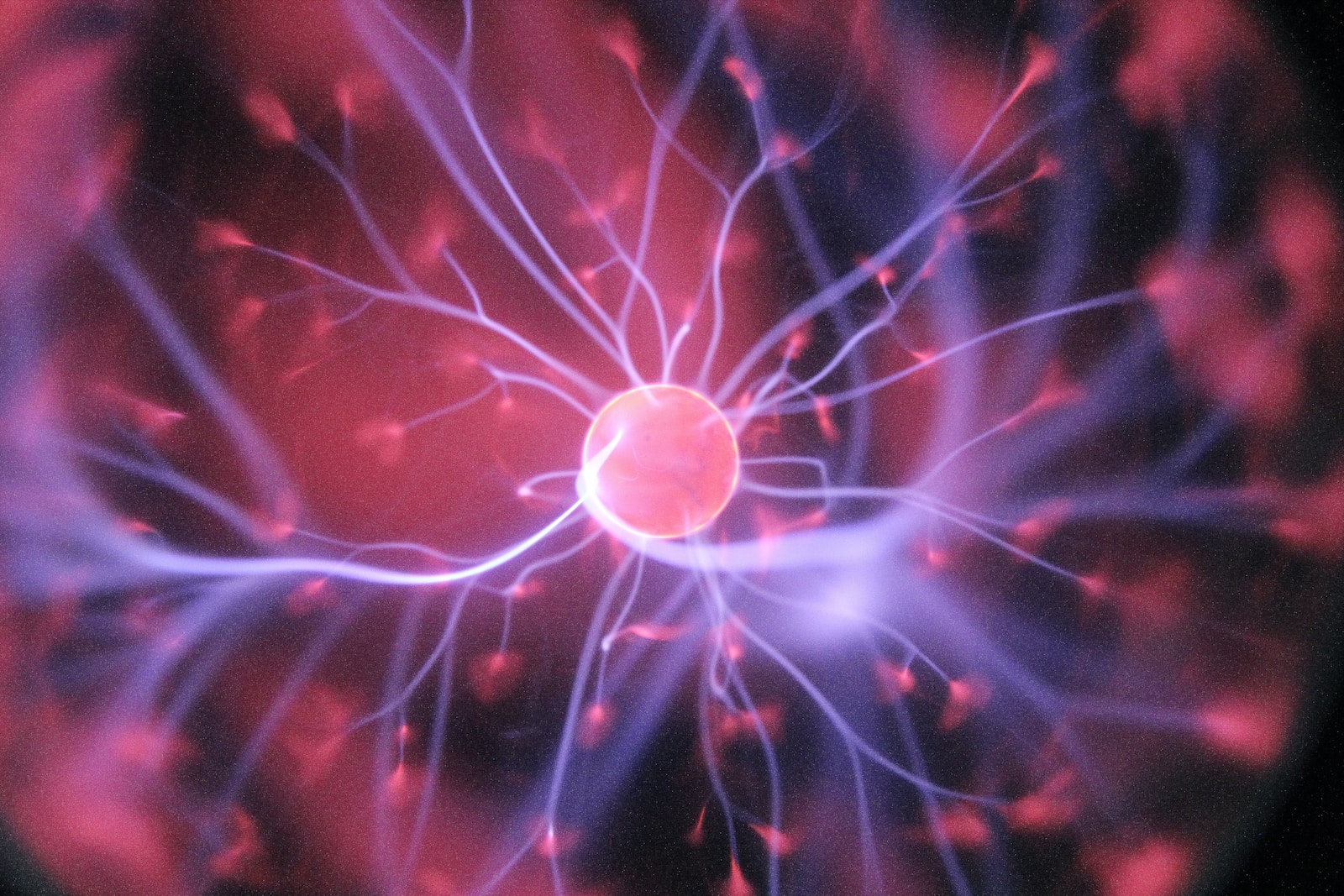Have you ever wondered what is going on in your head when you use marijuana? What it does to your brain? When it is right, being a bit strong makes music, food and other sensual pleasures enhanced and just awesome. Why and what happens, we have answers for the casual user.
Like alcohol, heroin and other intoxicants, things definitely take place when you are imbibing. Some good, some with caution. While research is opening up our understanding of the brain and also the brain when high, we still have a ways to go. Currently 50% of cannabis research is focused on the negatives of the plant, but there seems to be a robust interest in learning more about the benefits, especially for medical purposes.
Alcohol interferes with the brain’s communication pathways and can affect the way the brain looks and works. It makes it harder for brain areas controlling balance, memory, speech, and judgment to do their jobs, resulting in a higher likelihood of injuries and other negative outcomes.
Marijuana use directly affects brain function, specifically the parts of the brain responsible for memory, learning, attention, decision-making, coordination, emotions, and reaction time.

RELATED: Science Says Medical Marijuana Improves Quality Of Life
The effects can differ depending on things like how plant potentcy, how it was consumed (smoking, edible, oil, etc), and past use. It might:
- Heighten your senses (colors might seem brighter and sounds might seem louder)
- Distort your sense of time
- Effect motor skills
- Lower inhibitions
THC, acting through cannabinoid receptors, also activates the brain’s reward system, which includes regions that govern the response to healthy pleasurable behaviors such as sex and eating. Like most other drugs that people misuse, THC stimulates neurons in the reward system to release the signaling chemical dopamine at levels higher than typically observed than natural rewarding stimuli. Researchers have also confirmed the effect on the perception of time in both humans and animals.

Short-term cannabis use appears to increase the time you spend in deep sleep, the stage that helps you wake up feeling refreshed. But, THC decreases the amount of time you spend in rapid eye movement (REM) sleep, when you spend more time dreaming, processing emotions, and cementing new memories.
This information has been focused on casual use for those over 21. The brain does not stop developing until you are around 25. Marijuana and alcohol use and, especially heavy use, can hinder brain development that may not be able to be undone. Like other drugs, long term heavy use can develop serious complications.
RELATED: Winning PTSD Combo? Low Dose THC Combined With Therapy Is Effective, Finds New Study
Marijuana and medical marijuana offer safer and better options than alcohol and some pain killers. They also offer proven treatments for ailments from pain to nausea for cancer treatments. Hopefully it will be a matter of time before more research is done for a better understanding of the plant and a clearer view of its potential.


